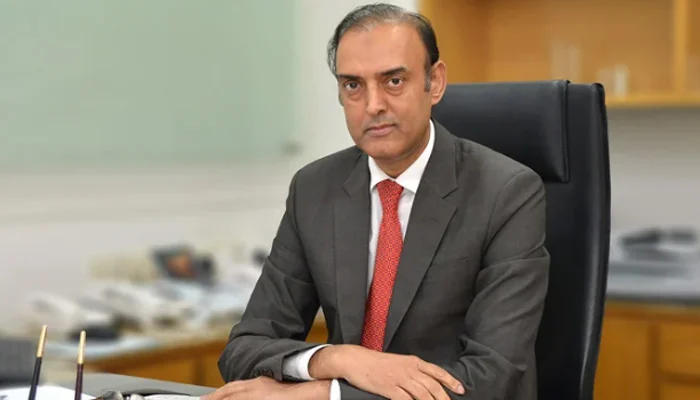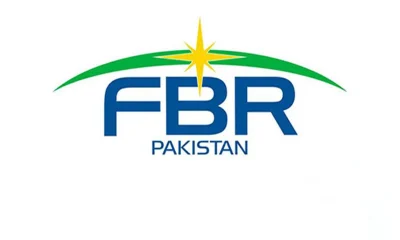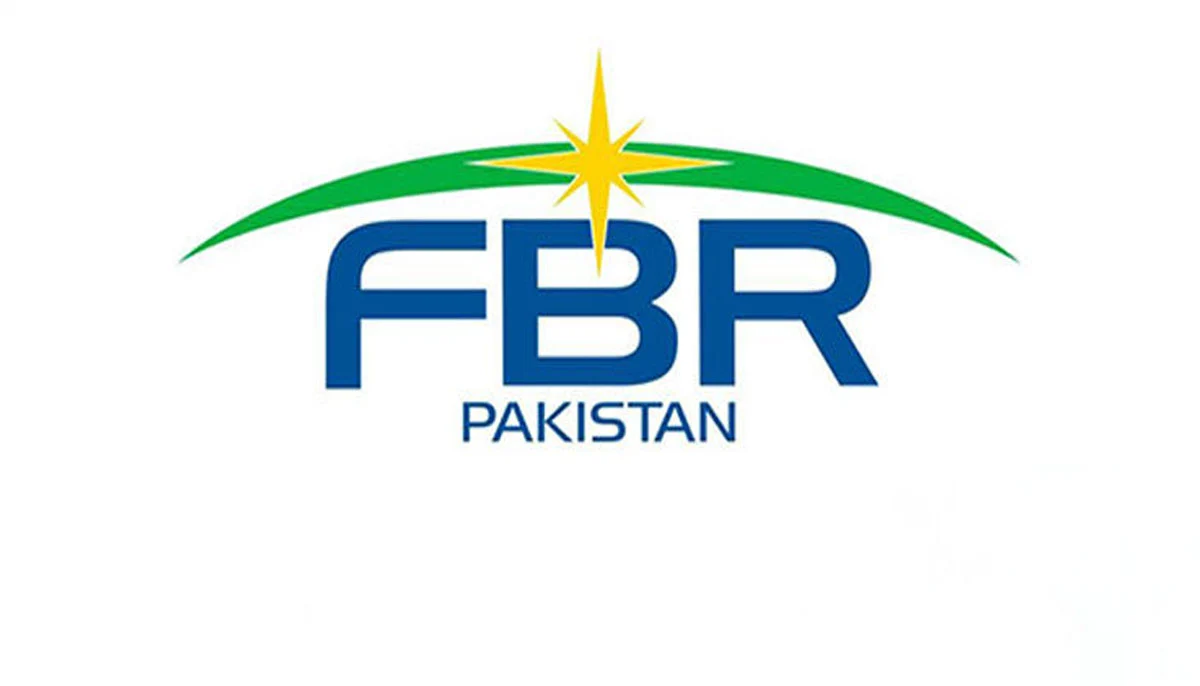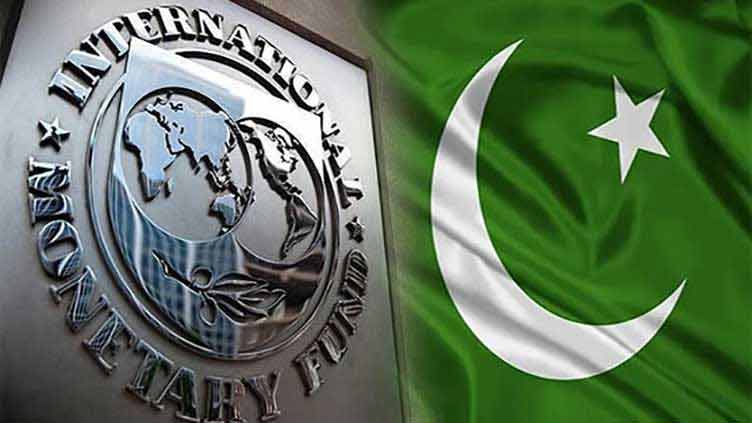- SBP chief briefs investors, fund managers on current challenges, way forward.
- Says challenges largely driven by “adverse global shocks, domestic developments”.
- Inflation expected to ease in coming months; financing uncertainty to end after IMF deal.
State Bank of Pakistan (SBP) Governor Jameel Ahmad has said that the country was striving to rebound strongly from the current economic challenges, including external financing woes and record inflation.
He stressed that Pakistan’s economy had “always rebounded strongly after undergoing severe shocks”.
“No doubt, this time, we have faced not one but a series of domestic and global shocks. But we strive to rebound strongly from the current challenges as well.”
He made the remarks while addressing international investors and fund managers at an event organised by Barclays in Washington, United States on Pakistan’s economic challenges and the way forward.
A statement issued by the central bank said Ahmad briefed the attendees about the challenges Pakistan is facing, the policy responses and the way forward.
The SBP chief noted that the economic challenges, including high inflation and balance of payments pressures, were largely driven by “adverse global shocks and domestic developments”.
Even though global commodity prices had fallen from the peak reached in 2022, they were still “significantly high” and thus, were taking a toll on domestic inflation and the current account, he elaborated. The rupee has depreciated sharply over the last few months, which has increased the cost of living for consumers in the heavily import-dependent country.
At the same time, the SBP chief said, tightening global financial conditions have made it harder for emerging markets such as Pakistan to access international financial markets. Consequently, this put stress on the country’s foreign exchange reserves, which have fallen to critically low levels in recent months, and the exchange rate. The devastating floods of 2022, which caused damages of $30 billion, had worsened the country’s economic distress, he pointed out.
Ahmad also spoke about the country’s external balance of payments situation, noting that Pakistan had met all its obligations in a timely manner contrary to earlier market expectations.
“The country’s debt repayments have been rather front-loaded, whereas inflows have been gradual,” he explained.
He said the country was receiving fresh financing in addition to loan rollovers ahead of the expected revival of a loan programme with the International Monetary Fund (IMF).
Policy response
Elaborating on the central bank’s policy measures, the SBP chief said it had raised the benchmark interest rate by 1,400 points to 21% in the last 18 months and tightened regulations to rein in inflation and reduce the current account deficit.
In addition, the exchange rate had adjusted over the last few months, which he termed the “first line of defence against emerging external imbalances”.
The fiscal deficit had reduced due to the government’s contractionary fiscal policy, despite flood rehabilitation-related expenditure. The primary balance was also in surplus so far compared to a deficit last year, he noted.
“The country is on its way to achieving macroeconomic stability, as the impact of policy measures is already playing out in the economy. The current account deficit has narrowed and foreign exchange reserves, albeit low, are increasing,” he remarked.
Inflation was expected to decrease in the coming months while the revival of the IMF programme would remove uncertainties regarding external financing, Ahmad added.

 Latest News2 days ago
Latest News2 days ago
 Business2 days ago
Business2 days ago
 Business3 days ago
Business3 days ago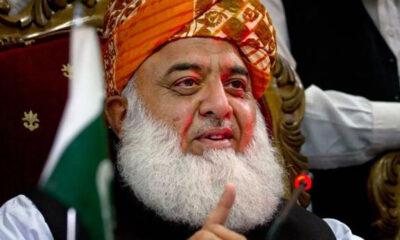
 Latest News2 days ago
Latest News2 days ago
 Latest News2 days ago
Latest News2 days ago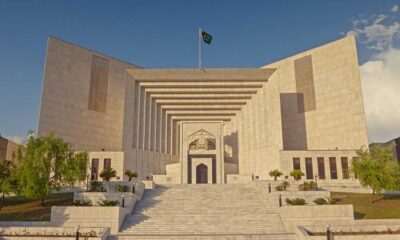
 Latest News2 days ago
Latest News2 days ago
 Latest News2 days ago
Latest News2 days ago
 Latest News3 days ago
Latest News3 days ago
